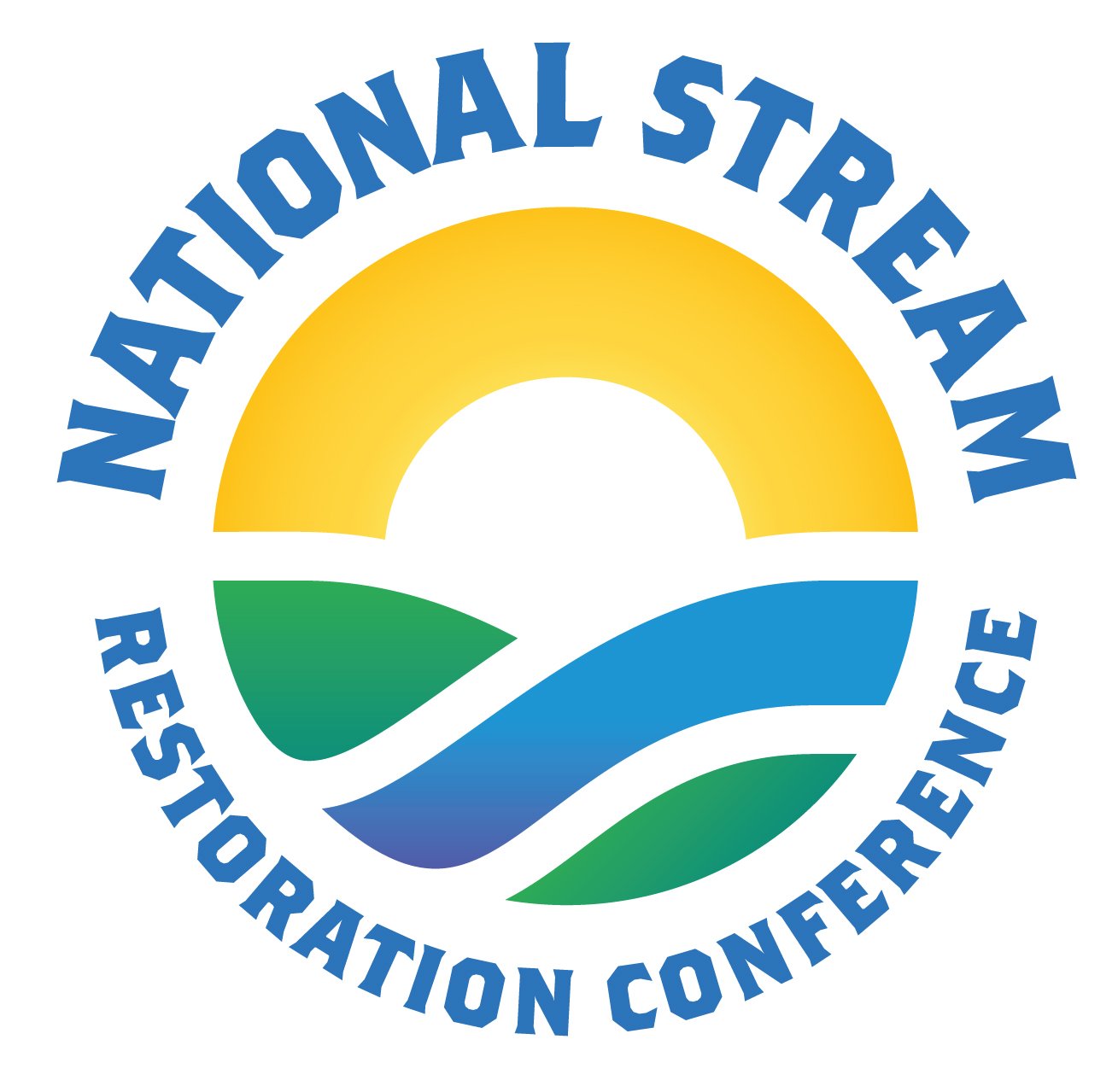Back to K Session Agenda
Equivalency of Bioassessment Protocols
Leslie J. Potts, PhD
Beaver Creek Hydrology
Lexington, KY
Authors: Leslie J. Potts, PhD and Brian Belcher, PhD, PE
Classification, at its core, involves grouping similar entities together. Stream bioassessment protocols are aimed at rating streams to group into categories reflective of restoration potential and overall health. Bioassessments can measure if restoration is a viable solution, and if restoration measures taken have resulted in a successful ecosystem repair.
The need for accurate and efficient assessment of streams has increased with the pressures facing regulators to restore these ecosystems. While no stream quality index can measure the complexity of stream and riparian corridor systems entirely, assessment protocols have been developed to measure both habitat and geomorphological variables of interest. With the current lack of standardization across regions, multiple stream bioassessment protocols are in use across the country.
Our aim here is to test the equivalency of three common bioassessment protocols (RBP, SQT, QHEI) for both correlation of final scores and effectiveness of efforts to obtain scores. We chose stream locations across KY, TN and OH where these bioassessment protocols are required. At each location, restoration professionals of multiple backgrounds conducted each of the three bioassessment protocols. We made comparisons of final score, variability of scores within and among stream locations, and variability of time taken within and among stream locations. We make evaluations concerning the relevancy of these protocols to the generation of stream mitigation credits, and the economics of stream restoration broadly.
Our goal is to provide regulators and policy makers with data of common stream bioassessment protocols concerning their correlations and efficiency. Overall, we want to measure the equivalency of stream bioassessment protocols to inform any future efforts made towards new assessment methods or the use of protocols beyond their regionalization.
About Leslie J. Potts, PhD
Leslie is a broadly trained ecologist. She has a B.S. in wildlife biology, M.S. in ecology and evolutionary biology, and a Ph.D. in entomology. She completed a post-doctoral fellowship investigating climate change impacts on the cold-tolerance physiology of Alaskan wolf spiders. Her field work ranges from studying carnivorous plants in wetland bogs of the Florida panhandle, to conducting independent studies at both Arctic and Antarctic field stations. She has successfully procured grant funding for her education and research projects and has been published numerous times. Leslie’s responsibilities at Beaver Creek range from collecting field data, including vegetative surveys and macroinvertebrates, and overseeing invasive vegetative species control protocols, to preparing permit and report documents.

